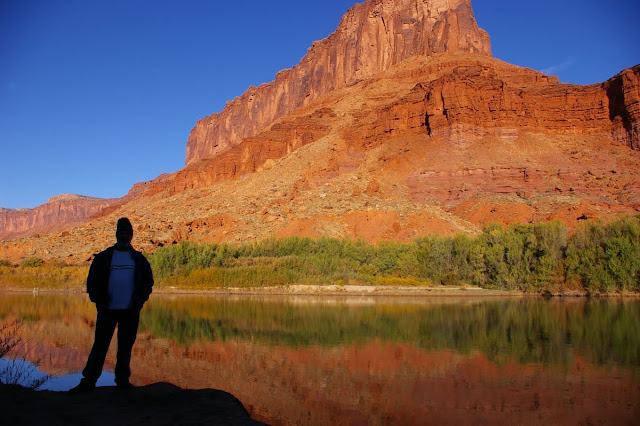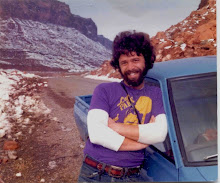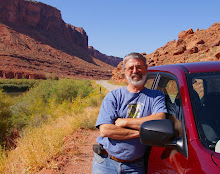Bud
Kalette owned one of the oldest book stores in Carson City, Nevada. Books & Antiques was housed in the bottom
floor of an old Victorian on Curry Street, which rumor had as a former brothel. For many years, he was also my sister Elenie’s
landlord for her vintage clothing shop, Revelations, which was located several
blocks away in the same old neighborhood, dotted with Arts & Crafts
bungalows and stately Victorian homes.
Bud’s store straddled the abrupt dividing line between the Sierra Nevada
range just a few blocks away, and the Great Basin desert splaying out into an
infinite eastern horizon.
Carson
City had been the center of activity during the days of the Comstock Lode. Mark Twain had lived and written here for a
while. The moneyed upper class, the
successful miners and merchants built their fabulous homes as close to the
mountains as they could. And when the
state of Nevada was established, Carson City became its capital.
Drive
a few blocks east from the vintage neighborhoods and the capitol building, and
today’s Carson is an abysmal conglomeration of car dealerships, casinos, and
strip malls lined along US Highway 395.
Several miles to the north is Reno, still trying to convince itself that
it is the “biggest little city in the world”.
To
the south, past Minden and Gardnerville, the road comes alive through places
like Bridgeport where Robert Mitchum
starred in the noir classic Out of the Past, and Lee Vining, the
gateway to Yosemite. And just beyond
that the tufa-studded shoreline of Mono Lake.
In any case, my sister
eventually abandoned the store idea, and a few years later old Bud passed
away. But Elenie knew Bud’s sister, who was liquidating the
inventory, and who graciously allowed the two of us to have free reign in the
store before all the books were sold off. So one late summer
afternoon, not long after the store had closed its doors forever to the public,
the two of us were granted access to its dark and dusty shelves. With only Bud’s sister hanging out at the
counter, the two of us had as much time as we wanted to pick through boxes,
open drawers, poke around the shelves, and just sit on the floor leafing
through pages of history.
Bud had a fantastic collection
of Western Americana, everything from books about Death Valley to the history
of San Mateo County, California and the development of cable cars in the
west. He also had drawer upon drawer of
antique postcards, the old hand tinted variety, carefully cataloged and arranged.
I ended up with a huge stack of
hard-to-find titles, mostly regional tomes like a history of Inyo County and
Memories of the Mendocino Coast. I
really could have looked for much longer but I wasn’t sure I could afford to do
it. As it turned out, when I went to
cash out, Bud’s sister charged us a pittance to carry it all off.
But the most priceless part of
the experience was having the silence, the solitude and the time to just look
to our hearts’ content, to graze through the piles of paper. In the dim lower floor of an historic home.
With no pressure to buy. No crowded
aisles. But surrounded by the most
wonderful array of written material one could imagine. If I could have, I would have spent the night
gladly on that hard wooden floor with all those books as my companions. But eventually, like waking up from a
blissful dream, we had to emerge into the harsh desert light and the white heat
of reality.





